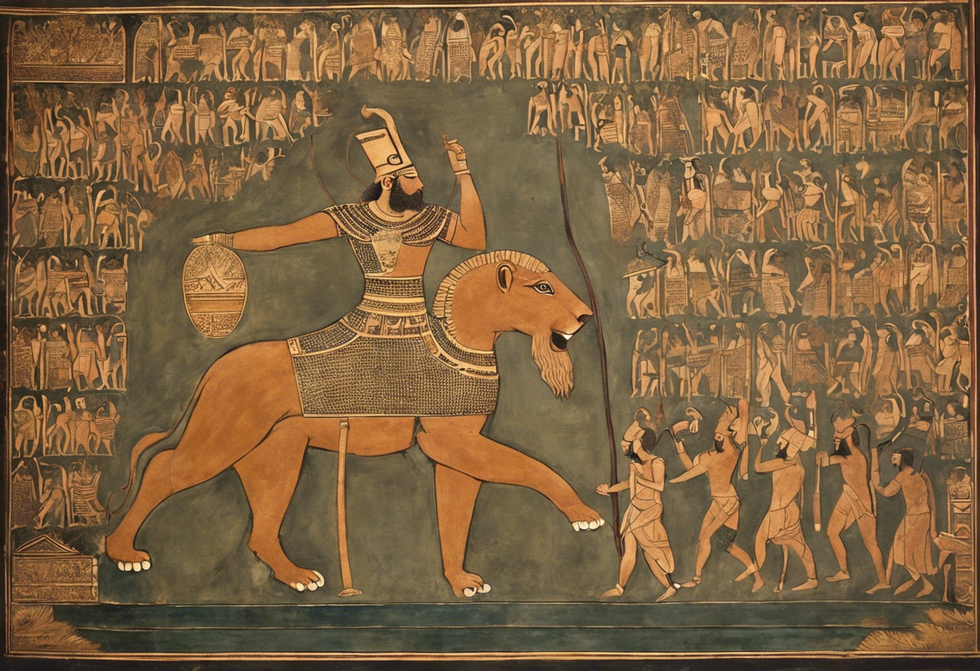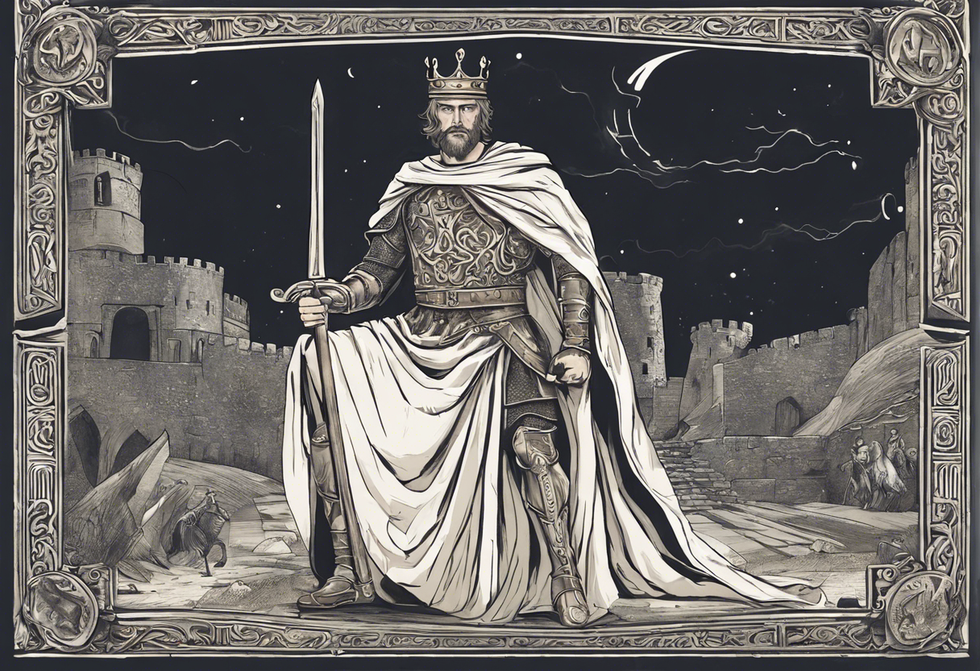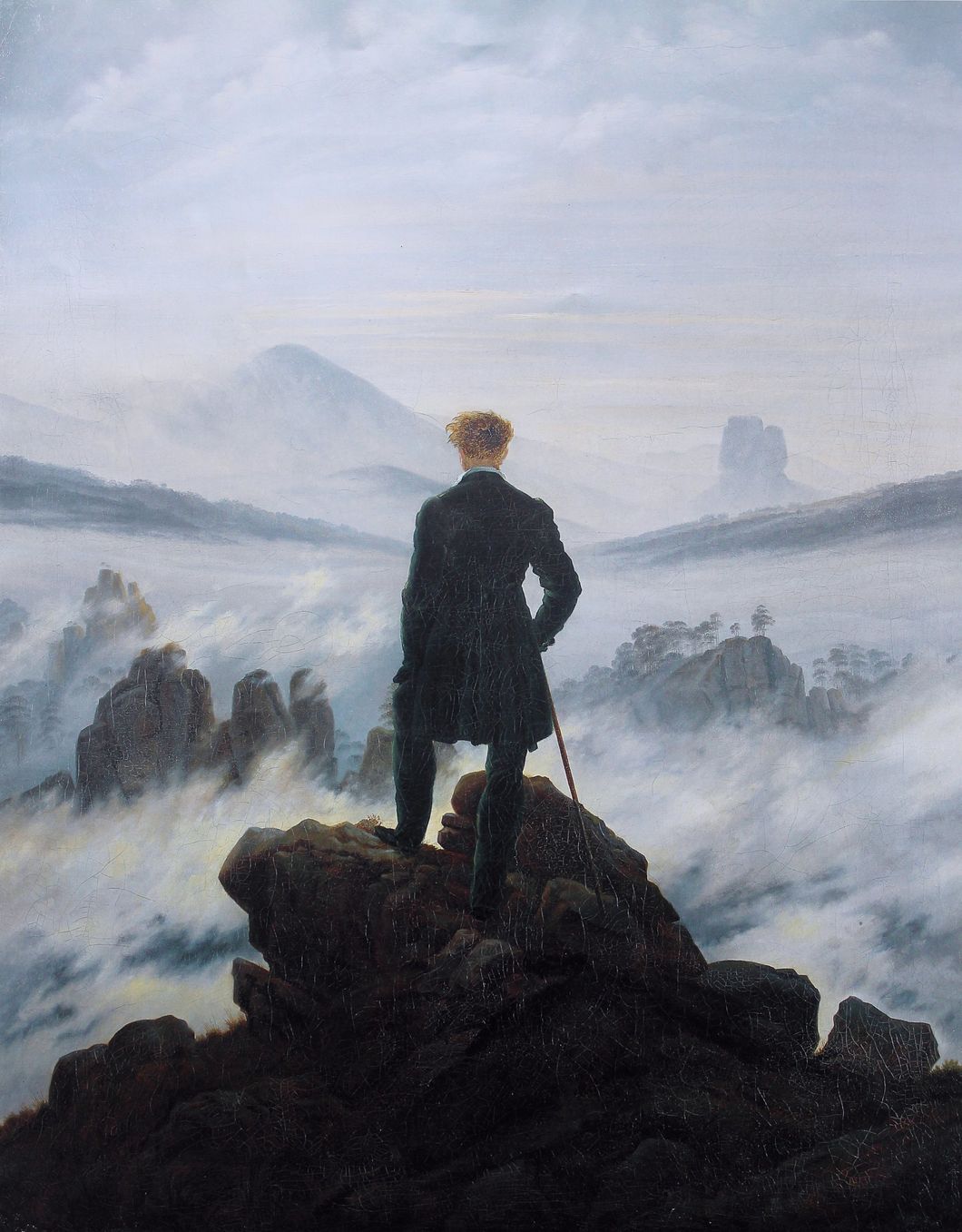Myths began before even the most basic understanding humans had of life. They started in ancient cultures, often as a result of visions from unknown divinity, voices heard in the howling of wind, hope for rain and for food, success in the hunt, and nearly infinite other reasons.
Myths are the precursor for art, religion, and languages, too. The fear of the unknown and what it might mean for unsuspecting people encouraged them to come up with stories or tales offering answers to so many questions that seemed unanswerable. They gave the youth, and even the elderly, a sense of moral obligation and something to look up to.
The Origins of Mythology

StableDiffusion
The earliest recorded myth comes from Sumeria in the 2100 B.C. often known as the "Epic of Gilgamesh." It consists of five poems and follows the life of a king who searches for the secret to eternal life. He discovered the gods kept life for themselves and offered humankind death. But when Gilgamesh died, his story and fame survived. He found eternal life in death.
Everyone has a life sense demanding them to be remembered by something unique, so that their life is meaningful and may affect people in a lasting way. Myth’s gave people an idea of what they could be, where they are going, and how the future might effect them. Before grand societies and cultures existed, myth’s did. A civilized state has mythology at its foundation.
The Legends of Gods

StableDiffusion
Greek and Roman mythology has Zeus/Jupiter at its head, the all powerful commander of lightning and the other great gods. He protects the sky, as Poseidon owns the sea, Aphrodite as the origin of beauty, or Hephaestus as the mind for innovation and machines.
Each one of these gods were something for people to refer to, pray to, when the situation calls for it. In a time of battle, the Greeks may call upon the support of Ares, while the Romans ask assistance of Mars. Thor’s hammer, Loki’s mischief, Baldur’s beauty, Njord’s sea, all gods of Norse, have roles that parallel the gods of many other myths, only on a cosmic scale. They exist in nine realms within our known universe, as modern day recreations have shown.
Since the beginning of human consciousness, grand stories of heroism and potential have circulated the world before people even knew they were not the only ones occupying Earth. Each culture’s mythology have different names and are unique in their scale, but the foundations of them all are very similar. The stories and gods exhibit similar properties to many others.
The Inspiration Behind Countless Stories

StableDiffusion
People from long ago looked to their stories of myth as we look to the creations of our imaginations, most of which have a link to what was told in the past. Hundreds of unique tales of the Greek gods are retold all the time. Modern day literature has a hardline connected to the ancient tradition of myth. King Arthur, Moby Dick, the tale of Jonah: they are all widely known and well understood, though their stories are some of the oldest records of human history.
The roots of Mythology are so deep into human culture and shape us in enormously significant ways. They give us direction and purpose. Perhaps part of the reason we seek refuge in the stars with our development of near fictional technology is due to the longing our species has felt to know how the gods of the Greeks lived.
The Next Chapter of Humanity

Mythology has caused wars over whose stories are correct. It has sprouted cultures and influenced humanity, and it will continue to affect the world and inspire people far beyond the day humans reach the corners of the universe.































